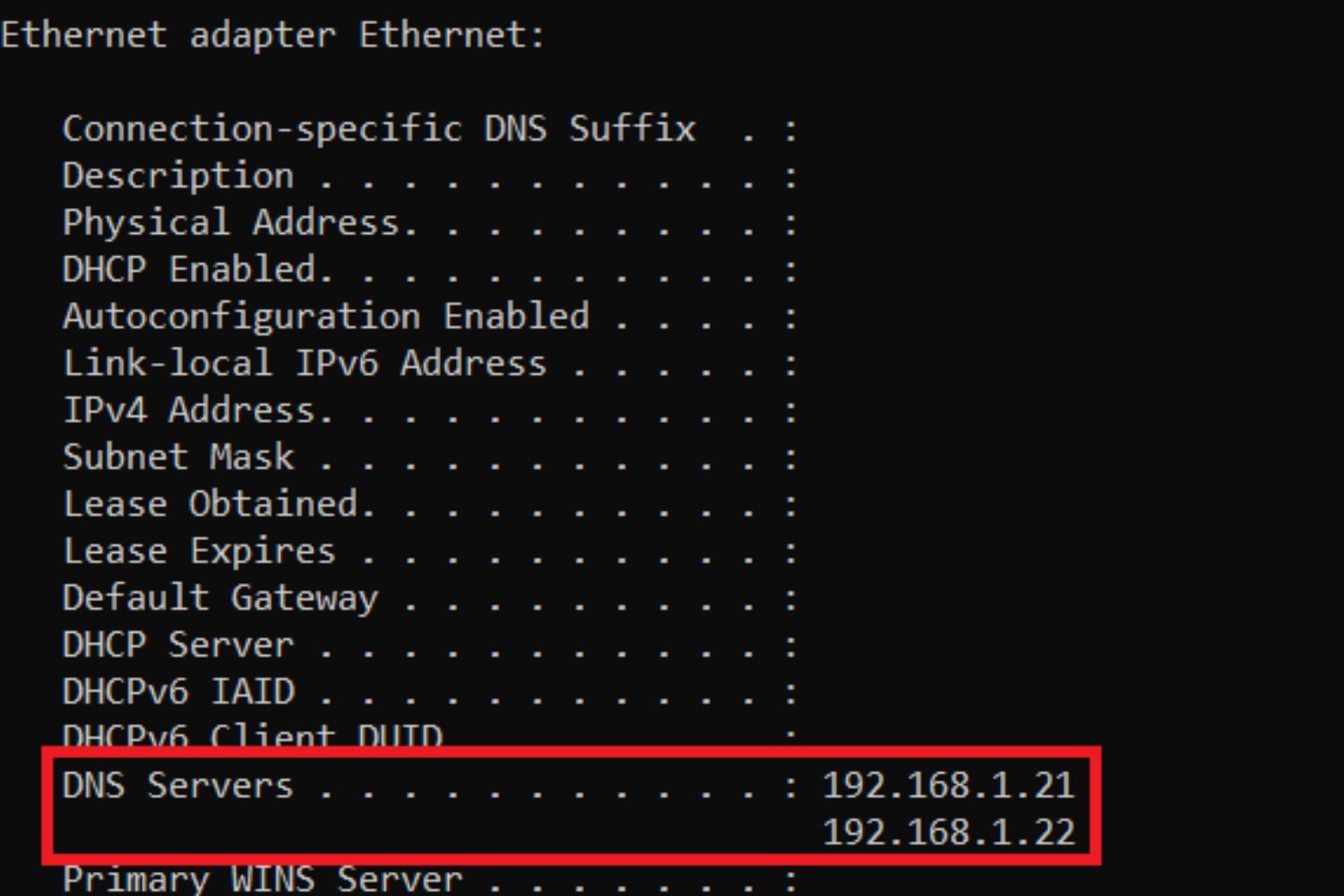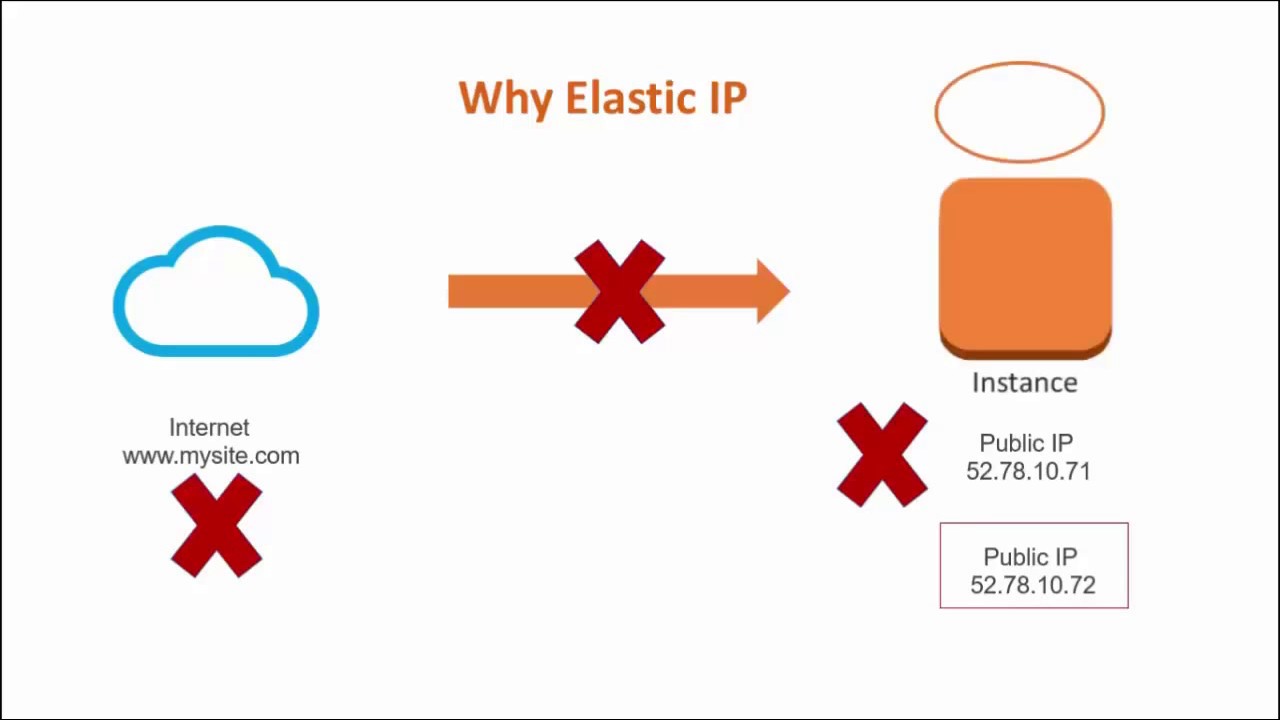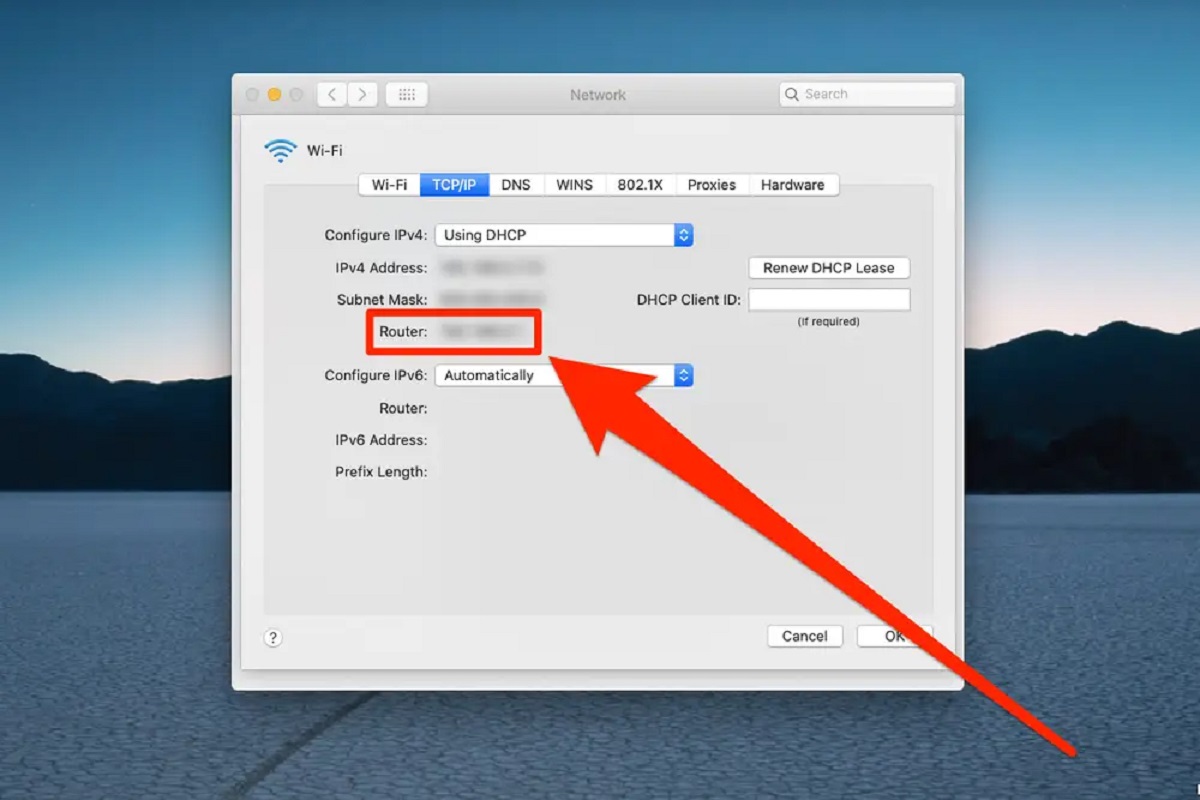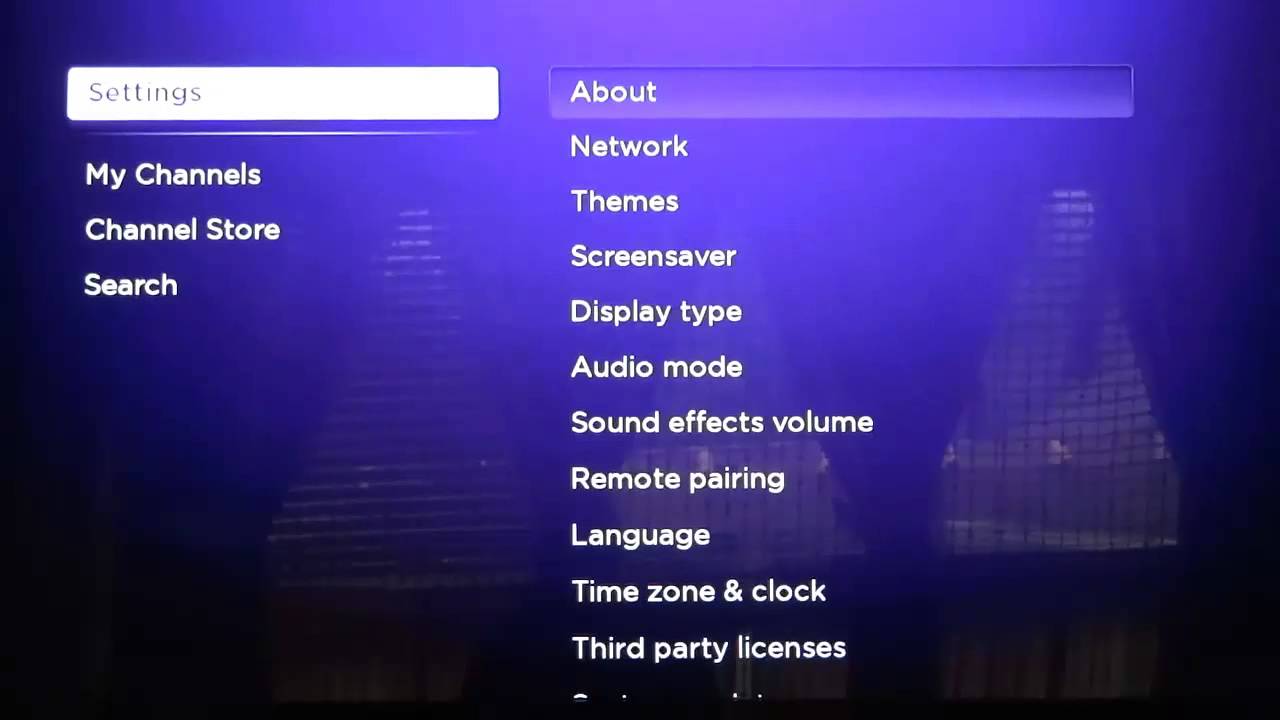Why Change Your IP Address?
Changing your IP address can offer a variety of benefits and reasons, ranging from privacy and security concerns to accessing restricted content and enhancing internet speed. Let’s explore some of the main motivations behind changing your IP address:
- Privacy Protection: Your IP address reveals your approximate location and can be used to track your online activities. By changing your IP address, you can increase your privacy and safeguard your personal information from potential threats.
- Bypassing Geographical Restrictions: Many websites and streaming platforms implement region-based restrictions, limiting access to certain content based on your location. Changing your IP address allows you to bypass these restrictions, enabling you to enjoy unrestricted content from around the world.
- Enhancing Security: Sometimes, your IP address may become a target for hackers or malicious individuals. By frequently changing your IP address, you can reduce the risk of becoming a victim of cyber-attacks and protect your sensitive data.
- Accessing Blocked Websites: Some organizations, schools, or countries may impose restrictions on certain websites or social media platforms. Changing your IP address can help you overcome these blocks and gain access to the websites and platforms you desire.
- Improving Internet Speed: In some cases, you may experience slow internet speed due to congestion or throttling by your Internet Service Provider (ISP). Changing your IP address can potentially bypass these limitations, resulting in improved internet speed and performance.
By considering these factors, you can determine if changing your IP address is suitable for your specific needs. Whether it’s ensuring your online privacy, accessing unrestricted content, or boosting your internet speed, changing your IP address can be a valuable tool in today’s digital age.
Ways to Change Your IP Address
There are several methods you can use to change your IP address. Let’s explore some of the most common ways:
- Use a Virtual Private Network (VPN): A VPN allows you to connect to the internet through a secure and encrypted connection. By routing your internet traffic through different servers located around the world, a VPN hides your original IP address and assigns you a new one. VPNs are popular for protecting privacy, accessing geo-restricted content, and ensuring a secure connection.
- Use a Proxy Server: A proxy server acts as an intermediary between your device and the internet. When you access a website through a proxy, your IP address is masked, and the website sees the IP address of the proxy server instead. Proxy servers can be free or paid, and they are commonly used for bypassing geolocation restrictions and enhancing anonymity.
- Change Your IP Address Manually: Depending on your internet service provider and network settings, you may be able to manually change your IP address. This typically involves accessing your router’s settings and configuring the network connection. Keep in mind that this method may not be available for all users and requires technical knowledge.
- Contact Your Internet Service Provider (ISP): In some cases, contacting your ISP and explaining the reason for needing a new IP address can lead to them assigning you a different one. However, this method may not always be successful, and it is advisable to pursue alternative options mentioned above.
Each of these methods has its own advantages and considerations. It’s important to evaluate your specific needs and choose the most suitable method for changing your IP address. Whether you opt for a VPN, proxy server, manual configuration, or contacting your ISP, remember to prioritize your privacy, security, and access to unrestricted content.
Use a Virtual Private Network (VPN)
A Virtual Private Network (VPN) is a popular method for changing your IP address and securing your internet connection. Here’s how it works:
A VPN creates a private and secure connection between your device and the internet by encrypting your data and routing it through a remote server. When you connect to a VPN server, it assigns you a new IP address associated with that server’s location.
There are several benefits to using a VPN to change your IP address:
- Enhanced Privacy: By masking your original IP address, a VPN provides an additional layer of privacy. This makes it difficult for third parties, such as advertisers or hackers, to track your online activities and gather your personal information.
- Bypassing Geographical Restrictions: VPNs allow you to bypass geographical restrictions imposed by websites and streaming platforms. By connecting to a server in a different location, you can access content that may be restricted in your region. For example, you can watch geo-blocked streaming services or access websites that are only available in specific countries.
- Security on Public Wi-Fi: When you connect to a public Wi-Fi network, your data can be vulnerable to interception by malicious individuals. By using a VPN, you can protect your sensitive information, such as passwords and financial data, from being accessed by unauthorized users.
- Improved Anonymity: VPNs can provide a greater level of anonymity by masking your IP address and making it difficult for websites and online services to identify your true location. This helps protect your online identity and reduces the risk of targeted advertising or profiling.
- Secure File Sharing: If you engage in peer-to-peer (P2P) file sharing, using a VPN can help protect your privacy and prevent others from monitoring your activities. It creates a secure tunnel for file transfers, ensuring that your IP address remains hidden from other users.
It’s important to choose a reputable and trustworthy VPN provider to ensure reliability and security. Consider factors such as server locations, encryption protocols, and no-logs policies when selecting a VPN service that best suits your needs.
Using a VPN is a reliable and effective way to change your IP address while maintaining privacy and security online. However, keep in mind that some websites and services may have measures in place to detect and block VPN usage. In such cases, you may need to try alternative methods to change your IP address.
Use a Proxy Server
Another method to change your IP address is by using a proxy server. A proxy server acts as an intermediary between your device and the internet. Here’s how it works:
When you connect to a website through a proxy server, the proxy server sends the request on your behalf, and the website sees the IP address of the proxy server instead of your actual IP address. This enables you to browse the web with a different IP address. There are both free and paid proxy servers available.
Here are some key points to know about using a proxy server to change your IP address:
- Bypass Geolocation Restrictions: Proxy servers are commonly used to bypass geolocation restrictions imposed by websites or streaming platforms. By connecting to a proxy server located in a different country, you can access content that may be restricted in your region.
- Enhanced Anonymity: Using a proxy server can provide a level of anonymity by hiding your IP address from the websites you visit. This makes it difficult for websites to track your online activities and gather your personal information.
- Increased Security: Proxy servers can add an extra layer of security by filtering your internet traffic and blocking certain types of content or malicious websites. However, keep in mind that not all proxy servers offer the same level of security, and some may even log your activities, so it’s important to choose a reputable proxy service.
- Multiple Types of Proxy Servers: There are different types of proxy servers available, including HTTP proxies, SOCKS proxies, and transparent proxies. Each type has its own features and use cases, so it’s important to understand the differences when selecting a proxy server.
- Limitations: While using a proxy server can change your IP address, it’s important to note that it may not provide the same level of encryption and security as a VPN. Additionally, free proxy servers may be more prone to performance issues and may not always be reliable.
It’s recommended to research and choose a reputable proxy server that provides reliable performance and prioritizes user privacy and security. Additionally, it’s a good practice to periodically check and update your proxy server settings to ensure they are working properly and providing the desired IP address change.
Using a proxy server can be a cost-effective option for changing your IP address and accessing geo-restricted content. However, it’s important to be aware of the potential limitations and to choose a trustworthy proxy server service that aligns with your privacy and security needs.
Change Your IP Address Manually
If you have technical knowledge and access to your router’s settings, you may be able to change your IP address manually. Here’s how you can go about it:
1. Access Router Settings: Open a web browser and enter your router’s IP address in the address bar. Typically, the default IP address is “192.168.1.1” or “192.168.0.1”. If this doesn’t work, consult your router’s manual or check the manufacturer’s website for the correct IP address.
2. Enter Login Credentials: Enter your router’s login credentials. If you haven’t changed them before, consult the router’s manual or use the default username and password provided by the manufacturer.
3. Find the Network Settings: Locate the network or internet settings section in your router’s interface. This may vary depending on the router’s brand and firmware.
4. Release Current IP Address: Look for an option to release or renew the IP address. This will disconnect your current IP address from the network and request a new one from your Internet Service Provider (ISP).
5. Wait and Reconnect: After releasing the IP address, wait for a few minutes before reconnecting to the network. This allows your ISP to assign a new IP address to your router.
Note: It’s important to keep in mind that not all routers or ISPs support manual IP address changing. Additionally, changing your IP address manually on a regular basis may not always be practical or effective, as your ISP may assign you the same IP address or limit the frequency of IP changes.
If you are uncertain about changing your IP address manually or unable to access your router’s settings, it’s recommended to explore other methods such as using a VPN or proxy server, which provide a more reliable and user-friendly approach to changing your IP address.
Changing your IP address manually can be a viable option for those with technical expertise and access to router settings. However, it is important to consider the limitations and potential restrictions imposed by your ISP or router firmware.
Contact Your Internet Service Provider (ISP)
If you are unable to change your IP address using other methods, you may consider reaching out to your Internet Service Provider (ISP) for assistance. Here’s what you need to know about contacting your ISP to change your IP address:
1. Understand ISP Policy: Before contacting your ISP, familiarize yourself with their policies regarding IP address changes. Some ISPs may have specific procedures or limitations in place, while others may charge a fee for IP address changes.
2. Contact Customer Support: Reach out to your ISP’s customer support through their designated contact channels, such as phone, email, or live chat. Explain your reasons for wanting to change your IP address and ask if they can assist you.
3. Provide Necessary Information: Be prepared to provide your account details, such as your customer ID or account number, to verify your identity. Additionally, it may be helpful to explain why you need a new IP address, such as privacy concerns or accessing restricted content.
4. Follow ISP Instructions: If your ISP agrees to change your IP address, they will guide you through the necessary steps. This may involve rebooting your modem or router or temporarily disconnecting your network connection.
5. Be Aware of Limitations: It’s important to note that not all ISPs offer IP address changes on request, and some may have limitations on the frequency of IP changes. Additionally, changing your IP address through your ISP may not always provide the same level of control or privacy as using other methods like VPNs or proxy servers.
While contacting your ISP may not always result in a successful IP address change, it’s worth exploring this option, especially if you have specific reasons or requirements. However, keep in mind that relying solely on this method may not always be the most reliable or efficient way to change your IP address.
If changing your IP address through your ISP is not feasible or does not meet your needs, consider other methods like using a virtual private network (VPN) or proxy server, which give you more control and flexibility over your IP address.
Remember to evaluate the risks, benefits, and limitations associated with each method before deciding how to change your IP address effectively.
Risks and Considerations
While changing your IP address can offer various benefits, it’s essential to be aware of the potential risks and considerations associated with this process:
- Legal Implications: It’s important to ensure that you are changing your IP address in a legal and ethical manner. Some activities like hacking, cybercrime, or bypassing copyright restrictions may be illegal and can lead to severe consequences.
- Compatibility: Certain websites, services, or applications may not work correctly when accessed with a changed IP address. This could be due to geolocation restrictions, security measures, or other compatibility issues.
- Service Quality: Depending on the method you choose, changing your IP address may impact your internet connection speed, stability, or latency. Free proxy servers, in particular, might have limited bandwidth and slower performance.
- Security Concerns: It’s crucial to choose reliable and reputable methods, such as VPNs or trusted proxy servers, to ensure your internet traffic and personal information are secure. Avoid using unknown or untrustworthy services that may compromise your privacy or expose you to cyber threats.
- Data Logging: Be aware that some VPN providers and proxy servers may keep logs of your online activities. This can potentially expose your browsing history, defeating the purpose of changing your IP address for privacy reasons. Look for VPNs or proxy servers that have a strict no-logs policy to mitigate this risk.
- Incompatibility with Certain Platforms: Some platforms, such as streaming services or online banking websites, may detect the use of VPNs or proxy servers and block your access. This is done to prevent potential misuse or security breaches. In such cases, you may need to temporarily disable the IP-changing methods to access those platforms.
Considering these risks and considerations will help you make informed decisions when choosing the method to change your IP address. It’s advisable to thoroughly research and select reputable services that prioritize user privacy, security, and compatibility with the platforms and services you intend to use.
Remember to stay updated with regulatory and legal requirements in your jurisdiction, and always use IP-changing methods responsibly and within the bounds of the law.
Conclusion
Changing your IP address can provide you with various benefits, from enhancing privacy and security to accessing restricted content and improving internet speed. Depending on your specific needs and technical proficiency, there are multiple methods available to change your IP address.
Using a virtual private network (VPN) is a popular and effective way to change your IP address. VPNs offer enhanced privacy, the ability to bypass geolocation restrictions, and improved security on public Wi-Fi networks. However, it’s important to choose a reputable VPN service that prioritizes user privacy and maintains a no-logs policy.
Proxy servers are another option for changing your IP address. They act as intermediaries between your device and the internet, allowing you to browse the web with a different IP address. However, keep in mind that free proxy servers may have limitations and may not provide the same level of security and performance as VPNs.
If you have technical knowledge and access to your router’s settings, you can try changing your IP address manually. However, not all routers or ISPs support this method, and it may not always be practical or effective.
Contacting your Internet Service Provider (ISP) can be an option if other methods are not available or suitable. However, keep in mind that not all ISPs offer IP address changes on request, and there may be limitations or fees associated with this process.
When changing your IP address, it’s important to consider the potential risks and considerations. Be aware of legal implications, compatibility issues, security concerns, as well as data logging and incompatibility with certain platforms. Select reliable and reputable services, and use IP-changing methods responsibly within the bounds of the law.
In conclusion, changing your IP address can provide you with greater control over your online privacy, enable access to geo-restricted content, and enhance your internet experience. Evaluate the methods available and choose the one that aligns with your specific needs and priorities.

























